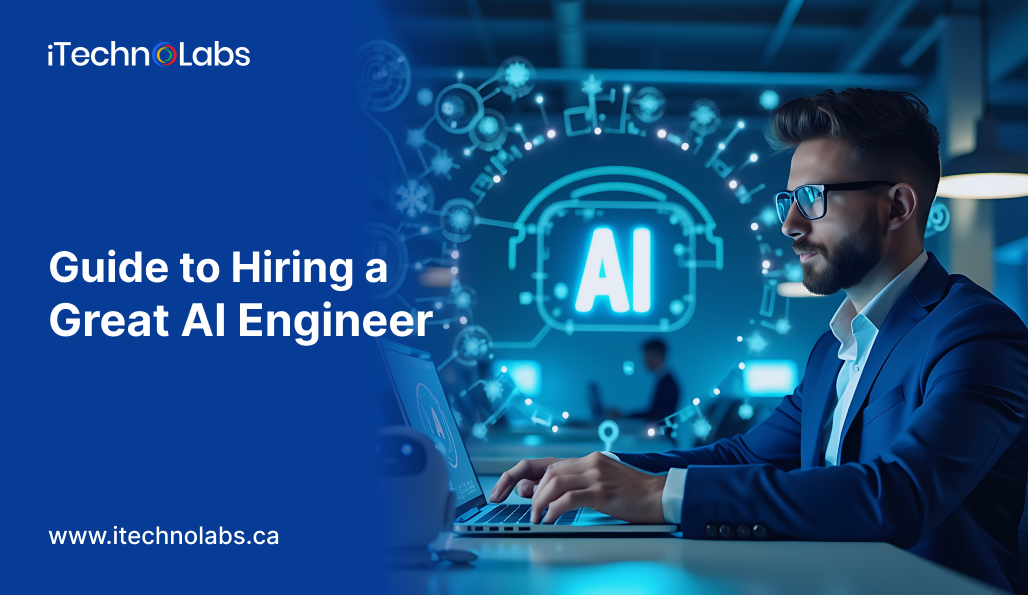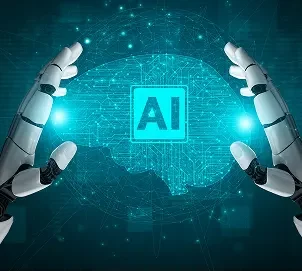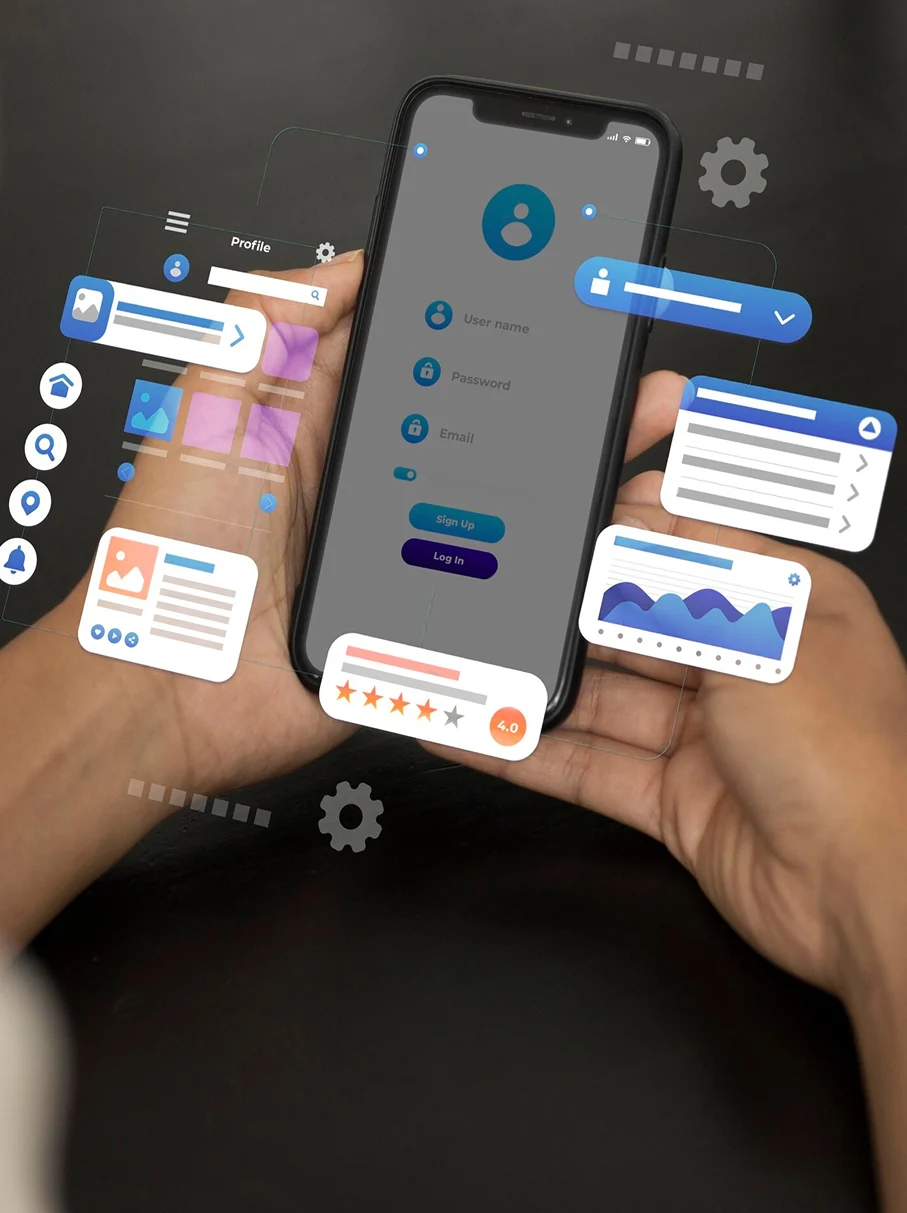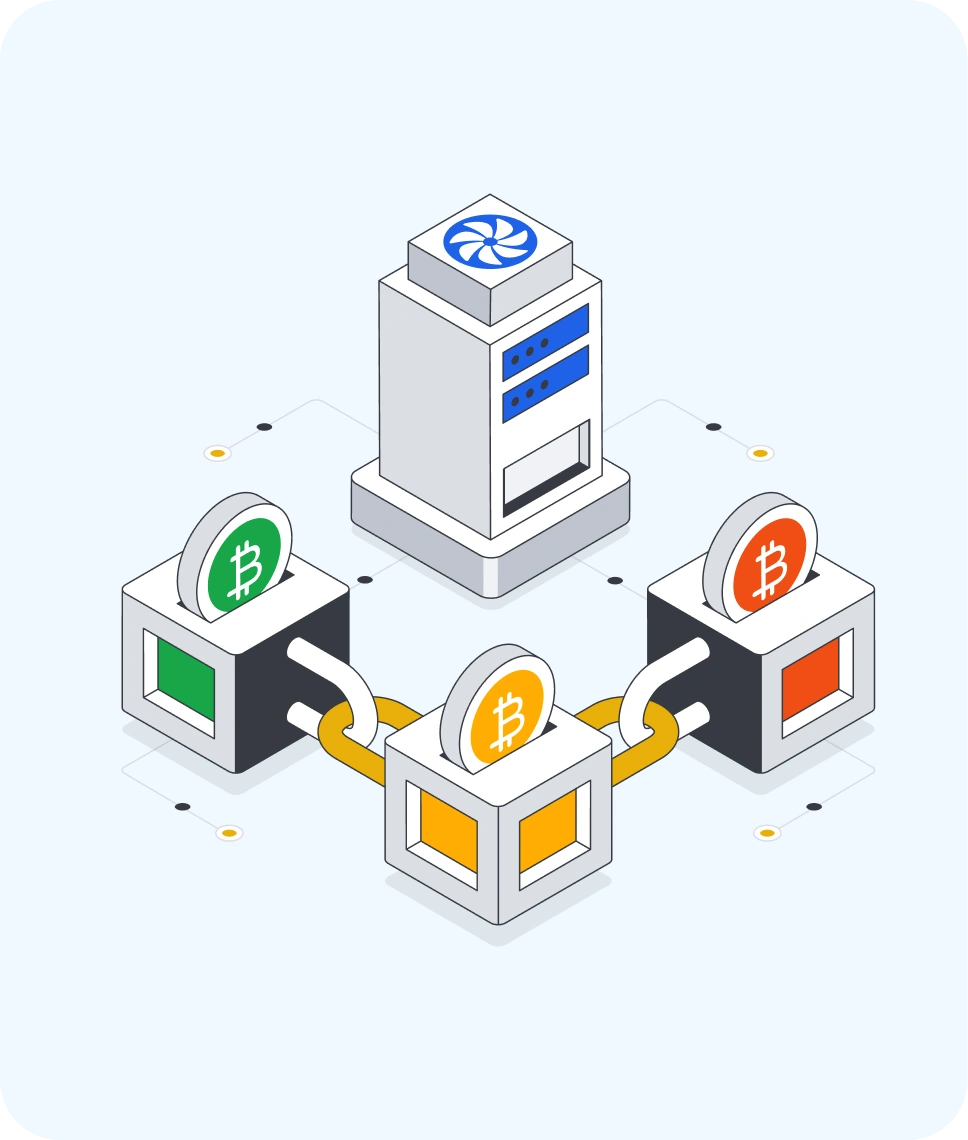Hiring a great AI engineer is not just about scanning resumes with fancy keywords. It’s about finding someone who can understand your problem, translate it into data and models, and build solutions that actually run in production. Companies today face a shortage of AI talent, and the wrong hire can cost time, money, and credibility. This guide will help you understand what to look for, how to interview, and how to retain the right AI talent.
Why AI Engineers Are in Demand
AI engineers sit at the intersection of software, data, and business. They know how to train models, write APIs, and deploy them in real systems. From chatbots to fraud detection, almost every industry now wants AI. This demand makes hiring competitive, and companies must be smart about how they approach it.
Skills to Look For in an AI Engineer
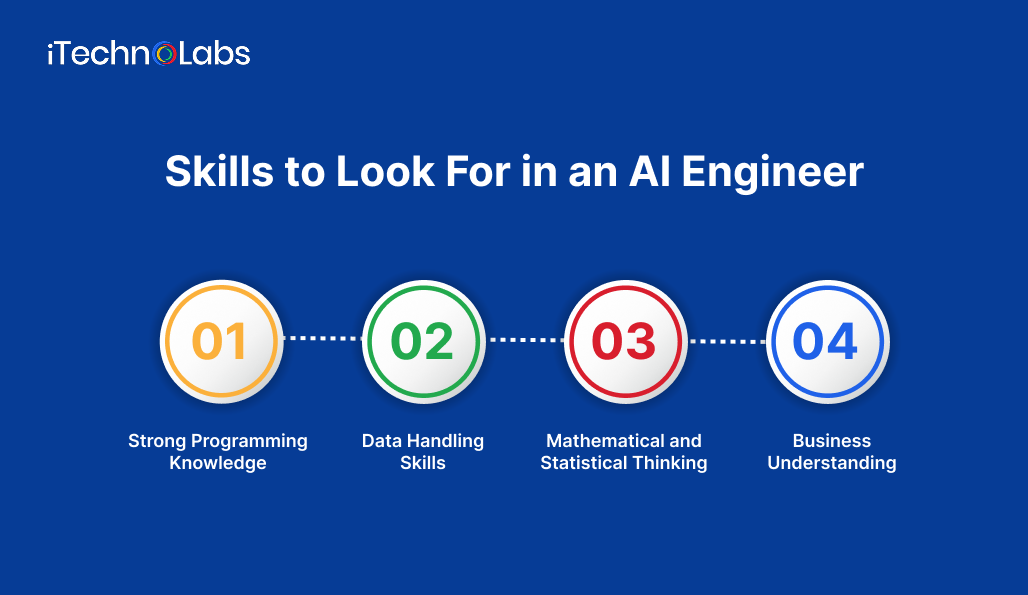
Look for strong Python skills and clean, testable code. Knowledge of PyTorch, TensorFlow, and scikit-learn matters. Check data skills: cleaning, labeling, feature work, and SQL. Math basics are essential: probability, statistics, and linear algebra. Ask for real deployment stories with APIs, Docker, and CI. Cloud comfort helps: AWS, GCP, or Azure. Evaluate prompt design and RAG for LLM work. Security and privacy awareness are musts. Communication is key: simple explanations, clear writeups, and steady updates. Product sense matters too. The best engineers link models to business goals, measure impact, and improve fast with small, focused experiments that deliver results reliably.
1. Strong Programming Knowledge
Languages like Python are standard, but knowledge of frameworks like TensorFlow, PyTorch, and Scikit-learn is a must. A great AI engineer should also write clean, testable code that works well with your existing systems.
2. Data Handling Skills
Good AI engineers are also good data engineers. They know how to clean, prepare, and process raw data into usable formats. This skill often makes the difference between a working model and wasted effort.
3. Mathematical and Statistical Thinking
AI is built on probability, statistics, and linear algebra. The engineer doesn’t need to be a professor, but they should know enough math to debug models and explain results.
4. Business Understanding
AI is not just technical. Engineers must connect their work with your business goals. A chatbot that works in the lab but fails with real users is a failed project. Look for engineers who ask “why” as often as “how.”
Where to Find AI Engineers
Start with your network. Ask for referrals from founders, PMs, and engineers. Post clear roles on LinkedIn, Wellfound, and niche boards. Search GitHub and Kaggle for active contributors. Check Stack Overflow profiles and open source issues. Meet talent at hackathons, meetups, and local ML groups. Contact university labs and alumni lists for interns and juniors. Join Discord and Slack communities for LLMs, data, and MLOps. Review portfolios, notebooks, and demo apps, not only CVs. Use specialized partners to vet and shortlist when you need speed. Offer a small paid pilot to test fit, skills, and communication before a longer hire.
- Hiring Platforms – LinkedIn, GitHub, Kaggle, and Upwork are popular places.
- Communities – AI hackathons, meetups, and conferences are good to find talent who are hands-on.
- Specialized Firms – If you want speed and less risk, firms like iTechnolabs help match vetted AI engineers globally.
Interviewing an AI Engineer
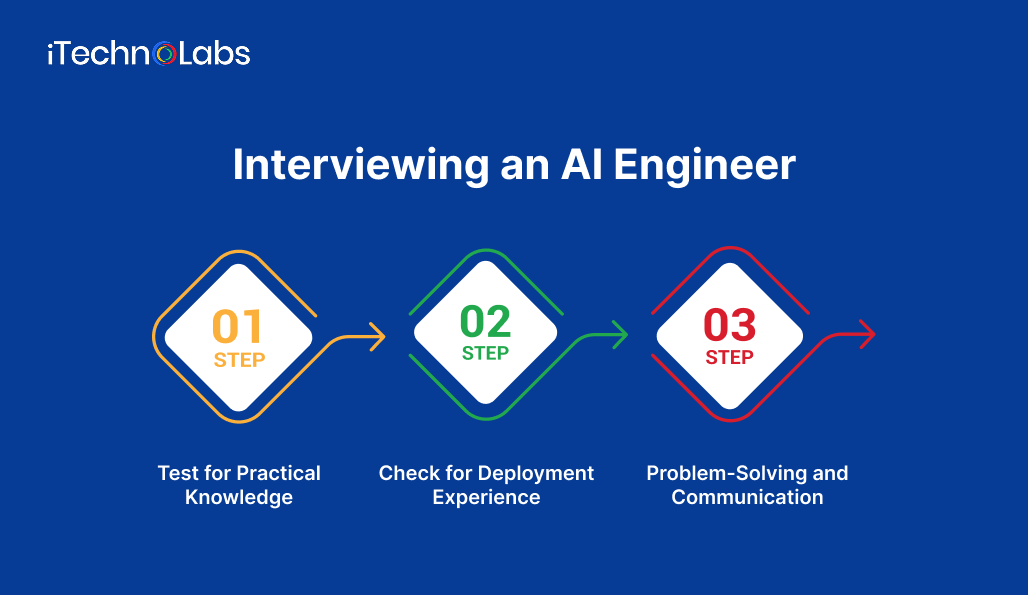
Start with a quick problem brief and ask the engineer to think aloud. Test data skills: cleaning, features, and baselines. Check modeling with a small task in Python. Ask how they pick metrics and avoid overfitting. Verify deployment experience with APIs, Docker, and monitoring. Explore prompt design and RAG for LLM use. Review code in a short pairing session. Assess communication: simple explanations, clear tradeoffs, regular updates. Discuss security, privacy, and IP. Ask for a past project story, including failures and lessons. Close with a paid pilot, scope, and timeline to confirm fit before you commit to a longer hire.
Test for Practical Knowledge
Ask them to solve small but real problems. For example, “Given raw text data, show how you would clean it and train a simple classifier.”
Check for Deployment Experience
Many engineers can train a model, but fewer know how to make it work in production with monitoring, logging, and APIs. Always ask about past deployment stories.
Problem-Solving and Communication
AI engineers should explain complex concepts in simple terms. If they can’t explain a model in plain English, they may struggle to work with non-technical teams.
Hiring Models That Work
Pick a model that fits scope, risk, and speed. Start with a small paid pilot to test skills and communication. Use hourly or time and materials when scope may change and you need flexibility. Choose monthly or dedicated when you want steady velocity and long term ownership. Go fixed price for a clear scope, defined timeline, and strict budget. Add milestones for checkpoints and releases. Use a squad model when you need multiple roles to ship together. Try a contract to hire to de-risk full time offers. Define KPIs, reporting, security terms, code ownership, and exit clauses upfront for certainty.
- Hourly – Best for small tasks or pilots.
- Monthly / Dedicated – Great when you need consistent work over a longer time.
- Fixed Price – Best when your scope is crystal clear.
At iTechnolabs, many clients start with a trial period to reduce risk and then extend based on results.
Retaining AI Talent
Retention matters as much as hiring. The global retention rate for tech talent hovers around 70–80%. Companies that provide clear goals, learning opportunities, and recognition keep their engineers longer. Make sure your AI engineer feels part of the team and not just a “contract coder.”
Conclusion
Hiring a great AI engineer is about more than technical skills. It requires checking their programming, data, math, and business sense. It’s about choosing the right hiring model and creating an environment where they can grow. If done right, you not only get working AI systems but also a long-term partner who helps you scale safely.

